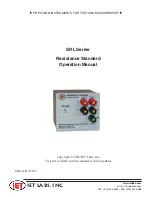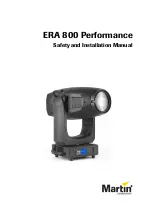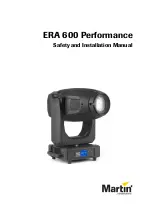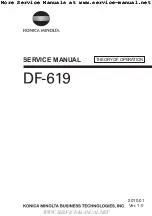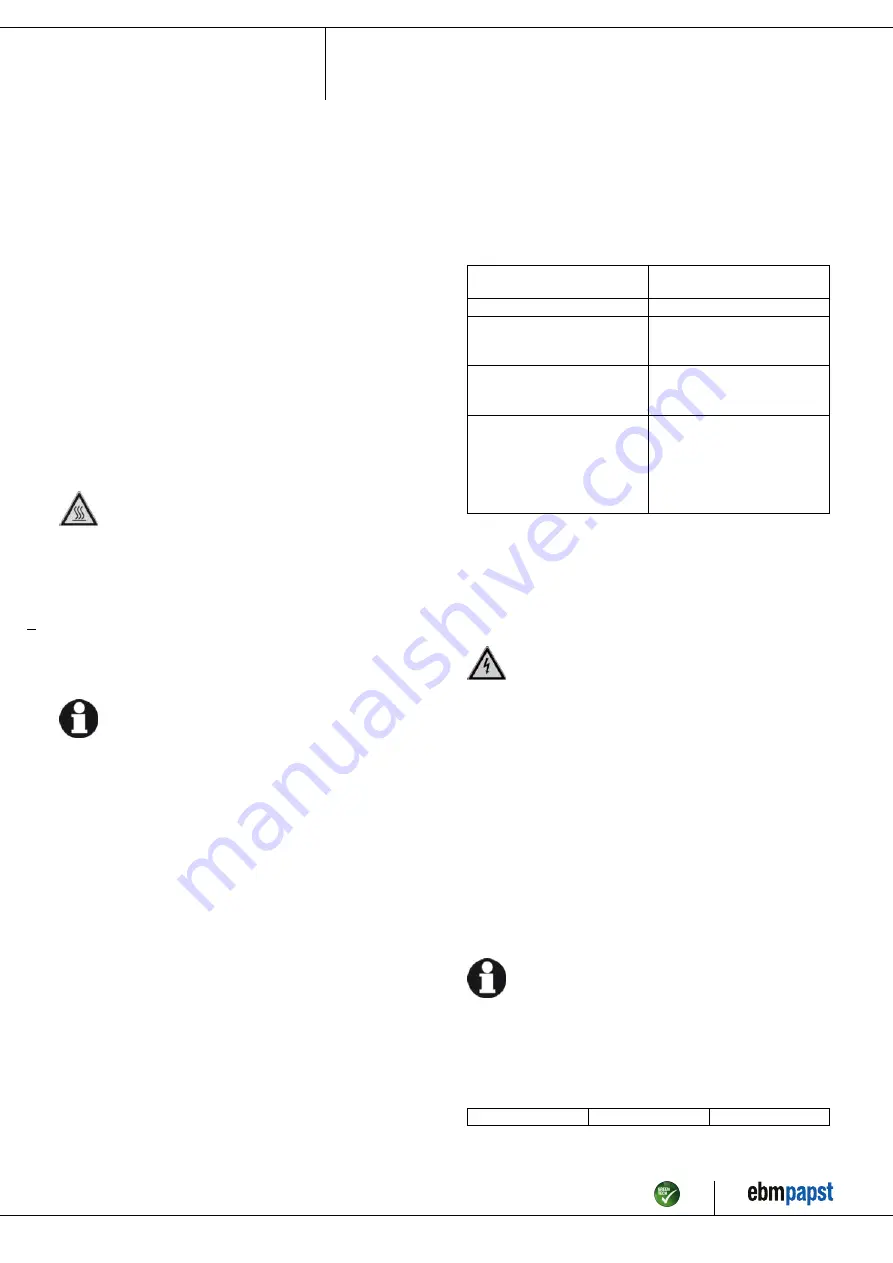
Operating instructions
R3G250-AY15-K1
Translation of the original operating instructions
4.6 Checking the connections
;
Make sure that the power is off (all phases).
;
Secure it from being switched on again.
;
Check the correct fit of the connection lines.
;
Screw the terminal box cover closed again. Terminal box tightening
torque, see chapter 3.1 Product drawing.
;
Route the connecting cables in the terminal box so that the terminal
box cover closes without resistance.
;
Use all plug screws (the entire number). In doing so, insert the
screws manually to avoid damage to the thread.
;
Make sure that the terminal box is correctly closed and sealed and
that all screws and screwed cable glands are properly tightened.
4.7 Switch on device
The device is not to be switched on until it has been installed properly
and in accordance with its intended use, including the required protective
devices and professional electrical connection. This also applies to
devices which have already been equipped with plugs and terminals or
similar connectors by the customer.
WARNING
Hot motor housing
Fire hazard
→ Ensure that no combustible or flammable materials are
located close to the fan.
;
Inspect the device for visible external damage and the proper function
of the protective features before switching it on.
;
Check the air flow paths of the fan for foreign objects and remove any
that are found.
;
Apply the nominal voltage to the voltage supply.
;
Start the device by changing the input signal.
NOTE
Damage to device by vibrations
Bearing damage, reduced service life
→ The fan must operate free of vibrations throughout its speed
control range.
→ Strong vibrations can result from improper handling,
imbalance resulting from damage during transport, or
component-induced or structural resonances.
→ When putting the fan into service, determine the speed
ranges with excessive vibration levels and also any
resonance frequencies that may be present.
→ When regulating the speed, pass through resonance
ranges as quickly as possible or find another remedy.
→ Operation at excessive vibration levels can lead to
premature failure.
4.8 Switching off the device
Switching off the device during operation:
;
Switch off the device via the control input.
;
Do not switch the motor (e.g. in cyclic operation) on and off via power
supply.
Switching off the device for maintenance work:
;
Switch off the device via the control input.
;
Do not switch the motor (e.g. in cyclic operation) on and off via power
supply.
;
Disconnect the device from the supply voltage.
;
When disconnecting, be sure to disconnect the earth wire connection
last.
5. INTEGRATED PROTECTIVE FUNCTIONS
The integrated protective functions cause the motor to switch off
automatically in case of faults described in the table.
Malfunctions
Description / Function of
safety feature
Rotor position detection error
An automatic restart occurs.
Locked rotor
;
After the blockage is
removed, the motor restarts
automatically.
Line under-voltage (mains input
voltage outside of permitted
nominal voltage)
;
If the mains supply voltage
returns to permitted values, the
motor restarts automatically.
Phase failure
A phase of the supply voltage
fails for at least 5 s.
;
If all phases are correctly
supplied again, the motor
automatically restarts after 10 -
40 s.
6. MAINTENANCE, MALFUNCTIONS, POSSIBLE
CAUSES AND REMEDIES
Do not perform any repairs on your device. Return the device to ebm-
papst for repair or replacement.
WARNING
Terminals and connections have voltage even with a
unit that is shut off
Electric shock
→ Wait five minutes after disconnecting the voltage at all poles
before opening the device.
CAUTION
If control voltage is applied or a speed setpoint is stored,
the motor will restart automatically, e.g. after a mains
failure.
Risk of injury
→ Keep out of the device hazard zone.
→ When working on the device, switch off the mains power
and ensure that it cannot be switched back on.
→ Wait until the device stops.
→ After working on the device, remove any tools used or
other objects from the device.
NOTE
If the device is not operated for a lengthy period in installed
condition in a dry environment, it is to be started up and
operated at full speed for one hour at least every four months. If
the device is not operated for a lengthy period in installed
condition in a damp environment (e.g. outdoors), it is to be
started up and operated at full speed for at least two hours once
a month to move the bearings and allow any condensate that
may have ingressed to evaporate.
Malfunction/error
Possible cause
Possible remedy
Item no. 53107-5-9970 · ENG · Revision 246486 · Release 2021-11-11 · Page 11 / 14
ebm-papst Mulfingen GmbH & Co. KG · Bachmühle 2 · D-74673 Mulfingen · Phone +49 (0) 7938 81-0 · Fax +49 (0) 7938 81-110 · info1@de.ebmpapst.com · www.ebmpapst.com























